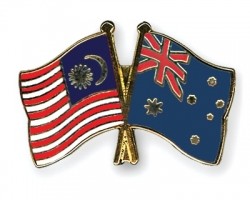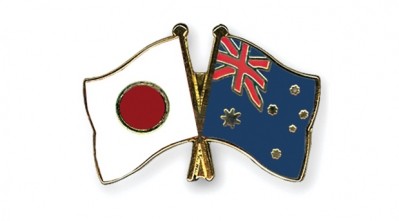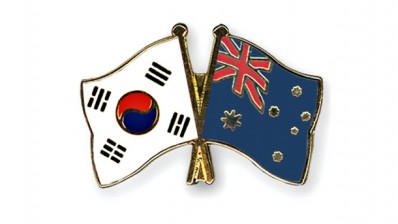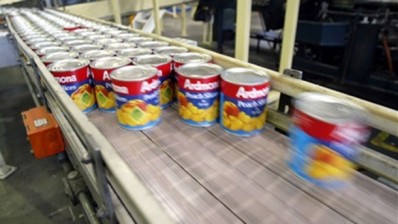Australia-Malaysia sign food trade accord

The Malaysia-Australia Free Trade Agreement (FTA) will ease tariffs between the two countries when it goes into force on January 1 2013.
The agreement will reduce tariffs on dairy, food manufacturing, wine, automotive, iron and steel products as well as permit Australian businesses to invest in Malaysian firms.
For the food sector Malaysia will eliminate virtually all tariffs on processed foods.
Tim Wilson, director, IP and Free Trade Unit and Climate Change Policy at the Melbourne-based Institute of Public Affairs, told FoodNavigator-Asia that the agreement opens enormous economic opportunities within the Malaysian market to sell affordable fresh food and dairy products.
“The benefit for Australian exports is to increase their access to the Malaysian market and provide affordable food that can be used to make processed foods for Malaysian domestic consumption and export,” said Wilson.
He said cheaper Malaysian inputs into processed food would enable the local food industry to be more internationally competitive.
“There may need to be very minor adjustment for the Australian food industry, but it will generally be a beneficiary of the benefits of free trade,” he remarked.
“potentially a very large growth market”
The Australian Food and Grocery Council (AFGC) agreed the country’s AU$108bn food and grocery manufacturing sector will benefit from the pact.
“This agreement will allow Australian food and grocery manufacturers to continue to innovate and explore new markets while maintaining a competitive manufacturing base within Australia,” said Dr Geoffrey Annison, acting chief executive of the AFGC.
“Industry looks forward to supplying safe, high quality, nutritional products for what is potentially a very large growth market,” said Annison.
Dr Annison however added a cautious note, stating that to really take advantage of the Malaysian opportunity, it was still incumbent on the government to get the right policy settings here in Australia to support industry’s competitiveness.
He welcomed arrangements that will make it easier for exporters to enter the market via simplified declaration of origin documentation.
He emphasised the arrangement would not translate to any lowering of Australian food import standards.
“Australia has very high quarantine standards surrounding food imports no matter where they are from. It is a politically sensitive issue. There will be no lowering of standards for Malaysian products,” he said.
“But so long as they are treated and packaged appropriately they should hopefully not act as a barrier to entry or add unnecessary costs,” he added.



















